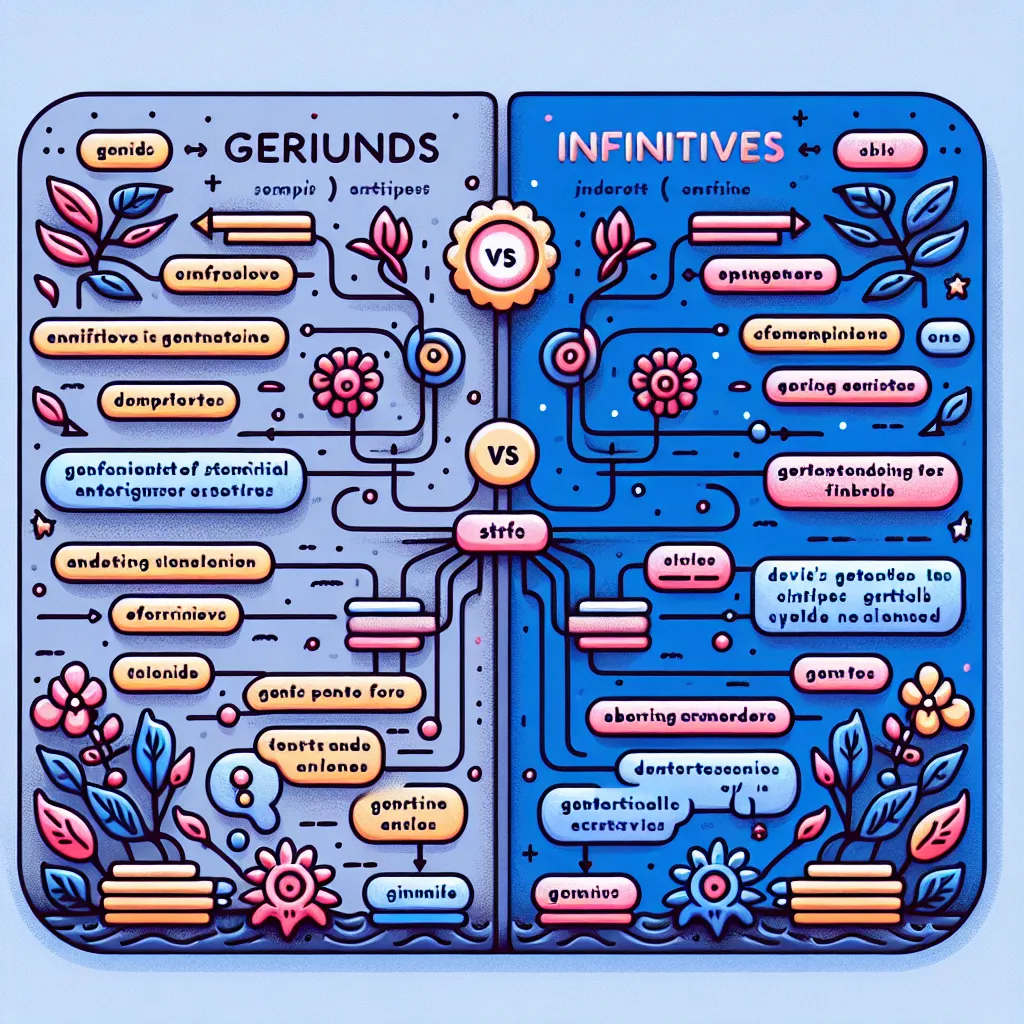In today’s competitive business world, the ability to craft compelling and grammatically sound business proposals is a vital skill. Whether you’re pitching a new project, seeking investment, or proposing a partnership, your command of advanced grammar can make or break your success. This article will guide you through the intricacies of Advanced Grammar For Business Proposals, helping you elevate your writing to a professional level.
Understanding the Importance of Advanced Grammar in Business Proposals
Business proposals are often the first point of contact between you and potential clients or partners. They serve as a reflection of your professionalism, attention to detail, and communication skills. Advanced grammar usage demonstrates your expertise and can significantly enhance the credibility of your proposals.
 Professional business proposal writing
Professional business proposal writing
Key Elements of Advanced Grammar for Business Proposals
-
Complex Sentence Structures: Utilizing a variety of sentence structures, including compound-complex sentences, can make your writing more engaging and sophisticated.
-
Precise Verb Tenses: Mastering the nuances of perfect and progressive tenses to accurately convey timelines and ongoing actions.
-
Conditional Statements: Employing conditional sentences to discuss potential scenarios and outcomes.
-
Advanced Modifiers: Using participle phrases and appositives to add depth to your descriptions without cluttering your sentences.
-
Cohesive Devices: Incorporating advanced transitional phrases and conjunctive adverbs to improve the flow of your writing.
Mastering Complex Sentence Structures
Complex sentence structures allow you to convey intricate ideas clearly and concisely. Here’s how you can incorporate them into your business proposals:
Using Subordinate Clauses
Subordinate clauses add depth to your sentences by providing additional information. For example:
“While our competitors focus on short-term gains, our proposal emphasizes sustainable growth, which will benefit stakeholders in the long run.”
Employing Participle Phrases
Participle phrases can help you pack more information into a single sentence:
“Implementing our innovative solution, designed with cutting-edge technology, will streamline your operations and boost productivity.”
Perfecting Verb Tenses in Business Proposals
Accurate use of verb tenses is crucial in business proposals to convey timelines, ongoing processes, and future projections.
Present Perfect Continuous
Use this tense to emphasize ongoing actions that started in the past and continue to the present:
“Our team has been developing this software for the past two years, ensuring a robust and well-tested product.”
Future Perfect
Employ this tense to discuss completed actions in the future:
“By the end of Q4, we will have implemented the new system across all departments, resulting in a 30% increase in efficiency.”
Leveraging Conditional Statements
Conditional statements are powerful tools in business proposals, allowing you to present various scenarios and their potential outcomes.
First Conditional
Use this to discuss realistic future scenarios:
“If you implement our solution, you will see a significant reduction in operational costs within the first six months.”
Third Conditional
This is useful for hypothetical past situations:
“Had you invested in our previous project, your company would have seen a 25% increase in market share by now.”
 Conditional statements in business writing
Conditional statements in business writing
Enhancing Descriptions with Advanced Modifiers
Advanced modifiers can add precision and clarity to your descriptions without making your sentences overly complex.
Appositives
Use appositives to provide additional information about a noun:
“Our lead developer, John Smith, a renowned expert in AI, will oversee the project implementation.”
Participle Phrases as Modifiers
Participle phrases can act as adjectives, adding vivid details:
“The proposed solution, incorporating state-of-the-art encryption methods, will ensure the highest level of data security.”
Improving Flow with Cohesive Devices
Cohesive devices are essential for creating a smooth, logical flow in your business proposals.
Advanced Transitional Phrases
Use sophisticated transitional phrases to link ideas:
“In light of the aforementioned benefits, it is evident that our proposal offers a comprehensive solution to your challenges.”
Conjunctive Adverbs
Incorporate conjunctive adverbs to show relationships between ideas:
“Our solution is cost-effective; moreover, it provides long-term scalability for your growing business needs.”
Common Pitfalls to Avoid
While striving for advanced grammar, be cautious of these common mistakes:
-
Overcomplication: Don’t use complex structures just for the sake of it. Clarity should always be your primary goal.
-
Inconsistent Tense Usage: Ensure you maintain consistent tense usage throughout your proposal.
-
Misplaced Modifiers: Be careful to place modifiers next to the words they’re meant to modify to avoid confusion.
-
Excessive Jargon: While some industry-specific terms are necessary, avoid overloading your proposal with jargon that might confuse your readers.
Next Steps: Putting Advanced Grammar into Practice
To truly master advanced grammar for business proposals, practice is key. Here are some steps you can take:
-
Analyze Successful Proposals: Study well-written business proposals in your industry, paying attention to their grammatical structures.
-
Create Templates: Develop templates that incorporate advanced grammatical structures for different sections of your proposals.
-
Peer Review: Have colleagues or mentors review your proposals, focusing specifically on grammar usage.
-
Continuous Learning: Stay updated with grammar rules and business writing trends through workshops or online courses.
-
Use Grammar Tools: Utilize advanced grammar checking tools to refine your writing, but always review suggestions critically.
By mastering these advanced grammar techniques, you’ll be well-equipped to create business proposals that not only convey your ideas effectively but also demonstrate your professionalism and attention to detail. Remember, in the world of business communication, how you say something can be just as important as what you’re saying.
For more insights on elevating your business writing, check out our article on advanced grammar for professional communication. Additionally, if you’re looking to improve your overall grammar comprehension, our guide on improving advanced grammar comprehension offers valuable strategies and exercises.




